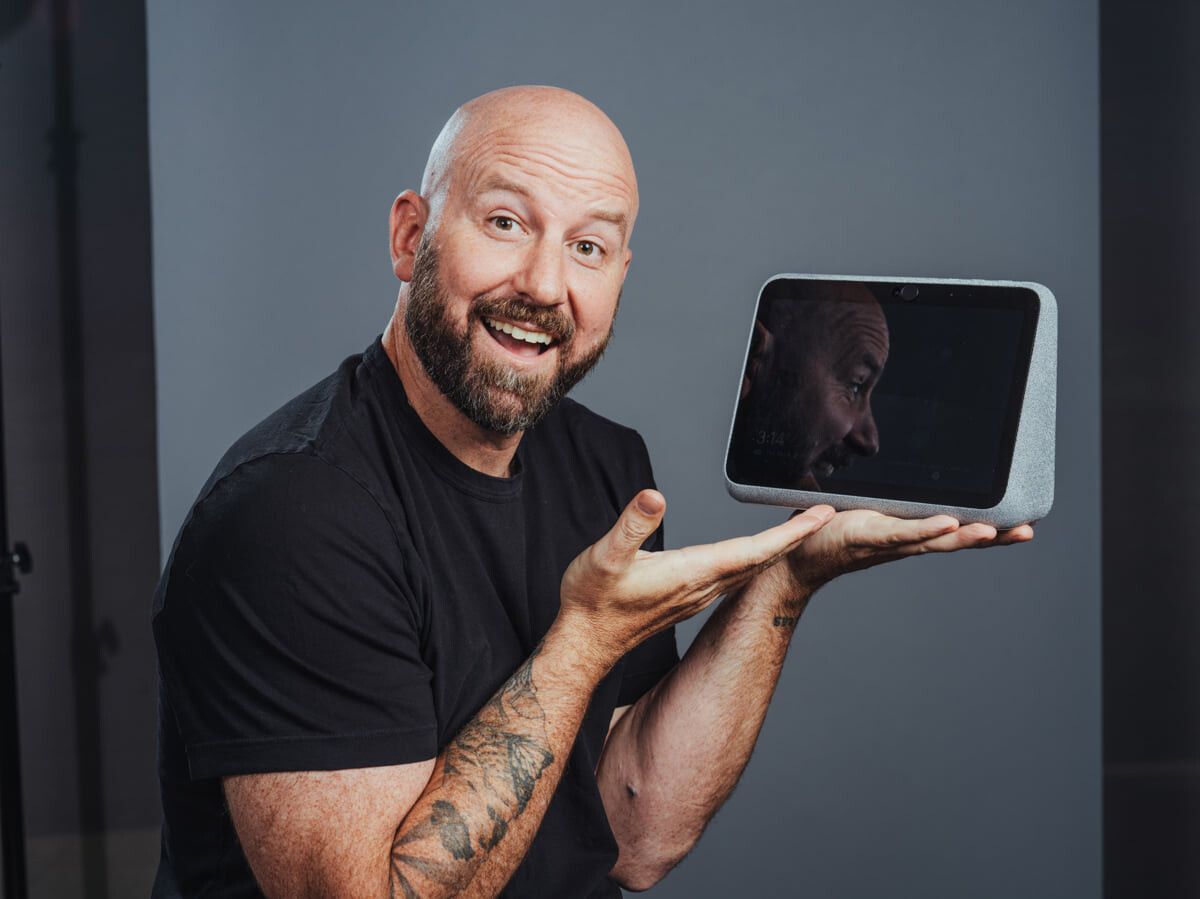Facebook appoints new CTO and the firm has announced in an official statement that its current chief technology officer Mike Schroepferan will leave his position sometime in 2022. In his place, Facebook will put Andrew Bosworth in charge. This change, beyond a simple administrative change in the company, also implies a slight shift in focus for the entire company, focusing more on hardware and consumer products than before.
Andrew Bosworth comes from the company’s virtual reality and augmented reality division (Oculus, Facebook Reality Labs, Ray-Ban Stories). According to Facebook, he will play a crucial role in directing the firm’s attention toward more hardware in order to establish the “metaverse” that CEO Mark Zuckerberg has promised. “All of this is important to our broader efforts to help build the metaverse,” Zuckerberg stated as CEO.
Andrew Bosworth, who was named executive vice president of the hardware group in April, will continue to direct the hardware division as before. But he will also assume greater responsibilities at the business, such as Facebook AI, the firm’s artificial intelligence department. From now on, he will report to Mark Zuckerberg, CEO of the company.
Andrew Bosworth has spent a significant portion of his career at Facebook. He joined the firm more than 15 years ago and has contributed to many key parts of it. He has been working on the hardware division since taking over in January. He was involved in the launch of important Facebook services such as the News Feed or Messenger before taking control of the hardware division. He is in charge of virtually all technological aspects and operations at Facebook as a corporation in his new job. As a curiosity, Mark Zuckerberg was a student of Andrew Bosworth at Harvard.
Consumer products and Facebook
Hardware sales are not Facebook’s strong point. The hardware products it releases are immediately affected by the reputation of its software. The most obvious case is users’ unwillingness to utilize devices like Portal or Ray-Ban Stories because of privacy concerns. Alternatively, the recent changes in Oculus are an excellent illustration of this point.

Simultaneously, Facebook has increased its commitment in this area of the business. Currently, it employs more than 10,000 people just for Reality Labs (the virtual and augmented reality department). The popularity of eyewear has increased, with companies such as Ray-Ban Stories and the market dominance it has in virtual reality.
For Facebook’s promised metaverse, the business wishes to construct a whole virtual alternative world where users may interact as they do in reality. The most popular VR headsets are designed to be worn on the face, and anything that isn’t made for wearing on your face is inconvenient, if not impossible. This necessitates hardware that allows access to the virtual world. The Ray-Ban Stories, as well as other Facebook hardware devices like the Oculus, play a significant part in this.





